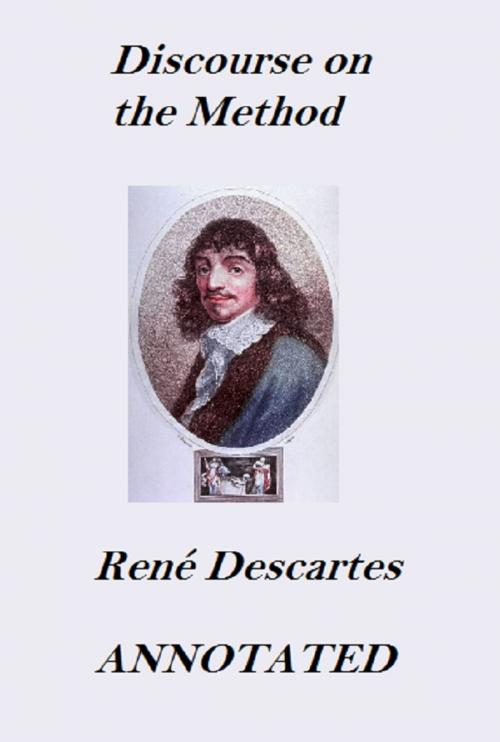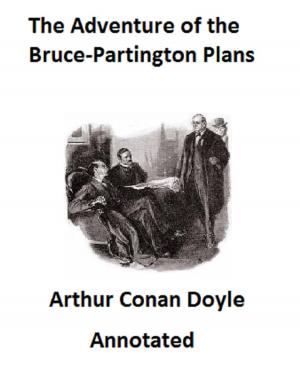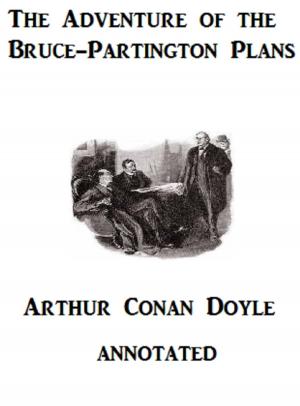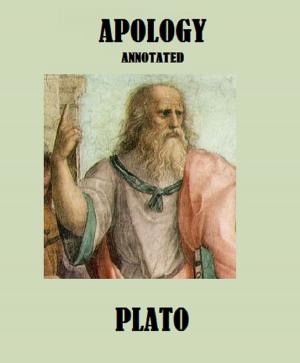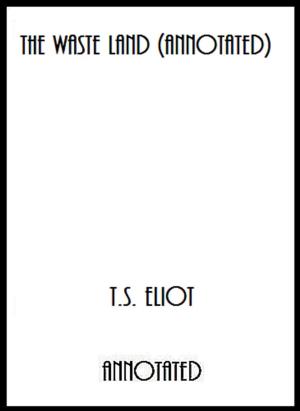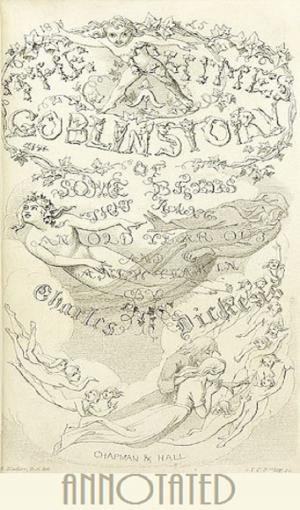Discourse on the Method (Annotated)
Nonfiction, Religion & Spirituality, Philosophy, Good & Evil, Aesthetics, Ethics & Moral Philosophy| Author: | René Descartes | ISBN: | 1230000290598 |
| Publisher: | Bronson Tweed Publishing | Publication: | January 8, 2015 |
| Imprint: | Language: | English |
| Author: | René Descartes |
| ISBN: | 1230000290598 |
| Publisher: | Bronson Tweed Publishing |
| Publication: | January 8, 2015 |
| Imprint: | |
| Language: | English |
The Discourse on the Method is a philosophical and autobiographical treatise written by René Descartes in 1637. Its full name is Discourse on the Method of Rightly Conducting One's Reason and of Seeking Truth in the Sciences (French title: Discours de la méthode pour bien conduire sa raison, et chercher la vérité dans les sciences). The Discourse on The Method is best known as the source of the famous quotation "Je pense, donc je suis" ("I think, therefore I am"), which occurs in Part IV of the work. (The similar statement in Latin, Cogito ergo sum, is found in Part I, §7 of Principles of Philosophy.)
This edition has been formatted for your reader, with an active table of contents. It also contains annotations, with additional information about the work and also the author, including an overview, organization, influencing future science, biographical and bibliographical information.
The Discourse on the Method is a philosophical and autobiographical treatise written by René Descartes in 1637. Its full name is Discourse on the Method of Rightly Conducting One's Reason and of Seeking Truth in the Sciences (French title: Discours de la méthode pour bien conduire sa raison, et chercher la vérité dans les sciences). The Discourse on The Method is best known as the source of the famous quotation "Je pense, donc je suis" ("I think, therefore I am"), which occurs in Part IV of the work. (The similar statement in Latin, Cogito ergo sum, is found in Part I, §7 of Principles of Philosophy.)
This edition has been formatted for your reader, with an active table of contents. It also contains annotations, with additional information about the work and also the author, including an overview, organization, influencing future science, biographical and bibliographical information.
